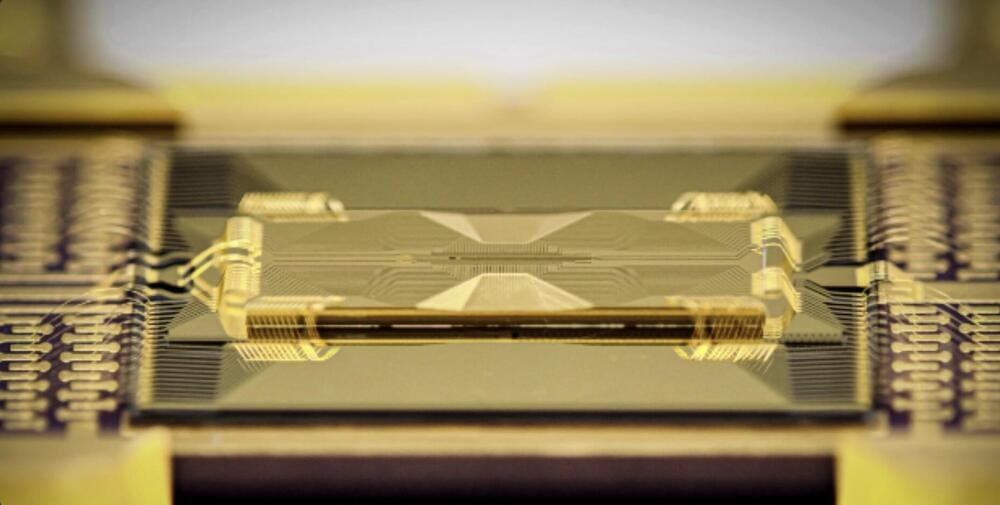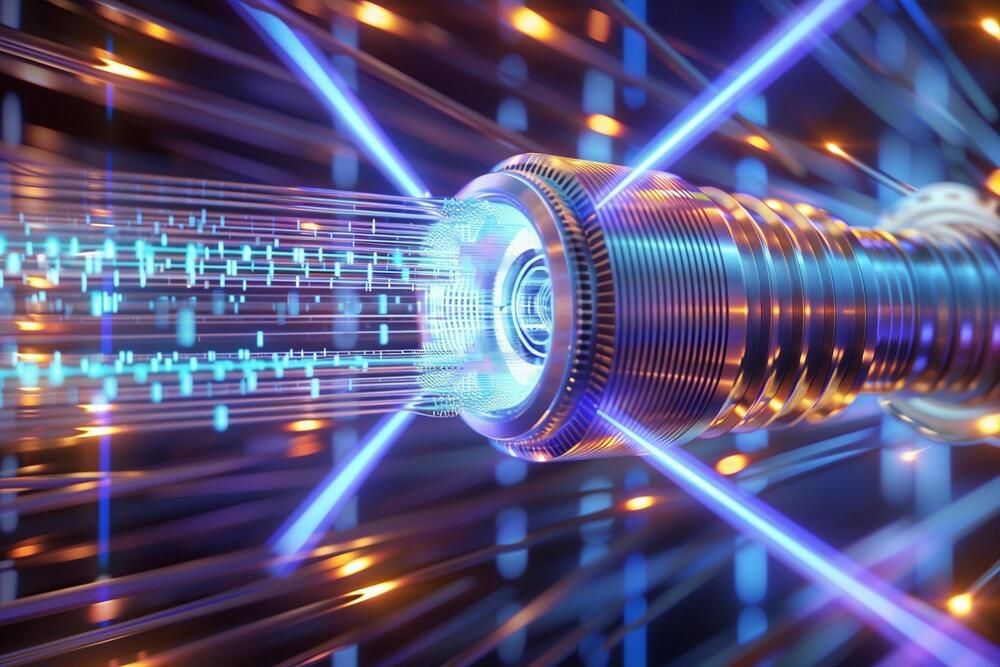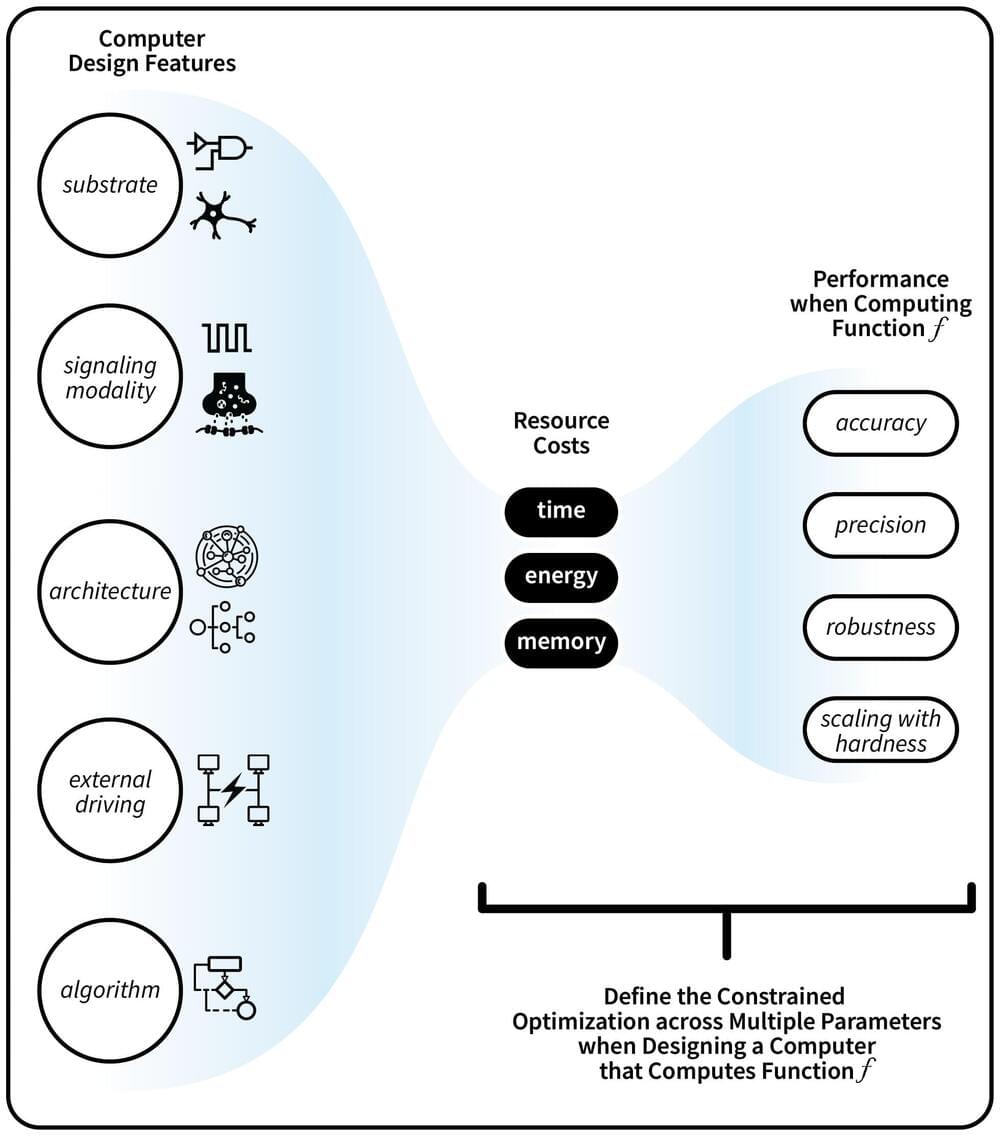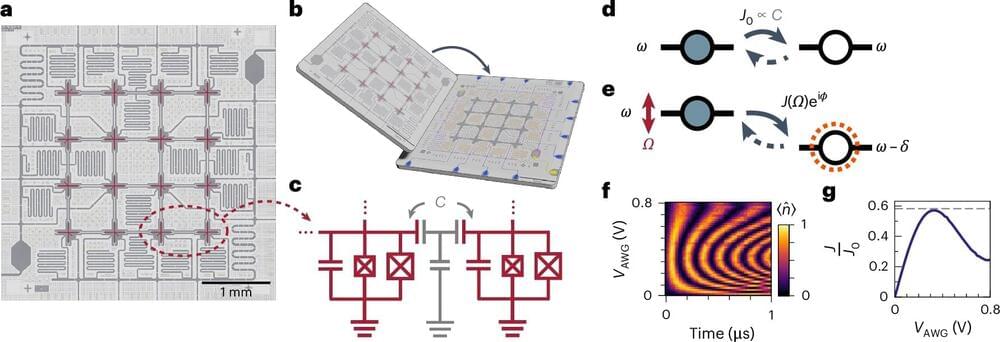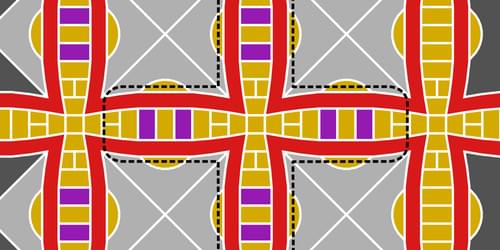Get a Wonderful Person Tee: https://teespring.com/stores/whatdamath.
More cool designs are on Amazon: https://amzn.to/3QFIrFX
Alternatively, PayPal donations can be sent here: http://paypal.me/whatdamath.
Hello and welcome! My name is Anton and in this video, we will talk about recent discoveries about quantum computers.
Links:
https://journals.aps.org/prapplied/abstract/10.1103/PhysRevApplied.22.034003
http://cjc.ict.ac.cn/online/onlinepaper/wc-202458160402.pdf.
https://arxiv.org/pdf/2307.03236
https://www.science.org/doi/10.1126/sciadv.adn8907
https://qiskit.github.io/qiskit-aer/stubs/qiskit_aer.QasmSimulator.html.
https://arxiv.org/abs/2302.00936
Previous videos:
https://youtu.be/Jl7RLrA69pg.
https://youtu.be/dPqNZ4aya8s.
#quantum #quantumcomputing #quantumcomputer.
0:00 Quantum Doom.
2:15 Recent quantum claims by Google and IBM
3:30 Why it’s so hard and what issues have to be solved.
4:50 No real world application?
6:30 Potential use: quantum internet.
8:00 Optical quantum computer that does something different.
9:50 Cracking encryption.
11:15 Conclusions and what’s next?
Support this channel on Patreon to help me make this a full time job:
https://www.patreon.com/whatdamath.
Bitcoin/Ethereum to spare? Donate them here to help this channel grow!
bc1qnkl3nk0zt7w0xzrgur9pnkcduj7a3xxllcn7d4
or ETH: 0x60f088B10b03115405d313f964BeA93eF0Bd3DbF
Space Engine is available for free here: http://spaceengine.org.

